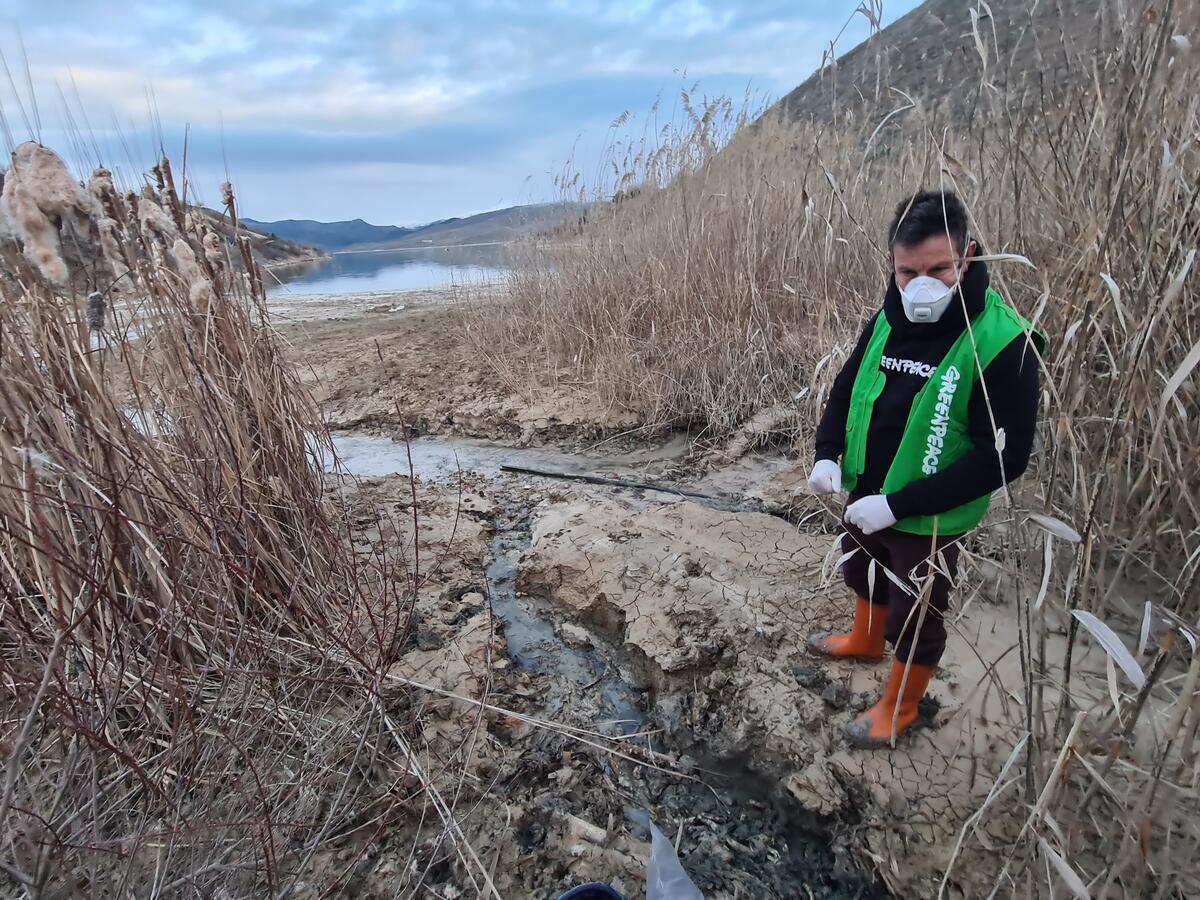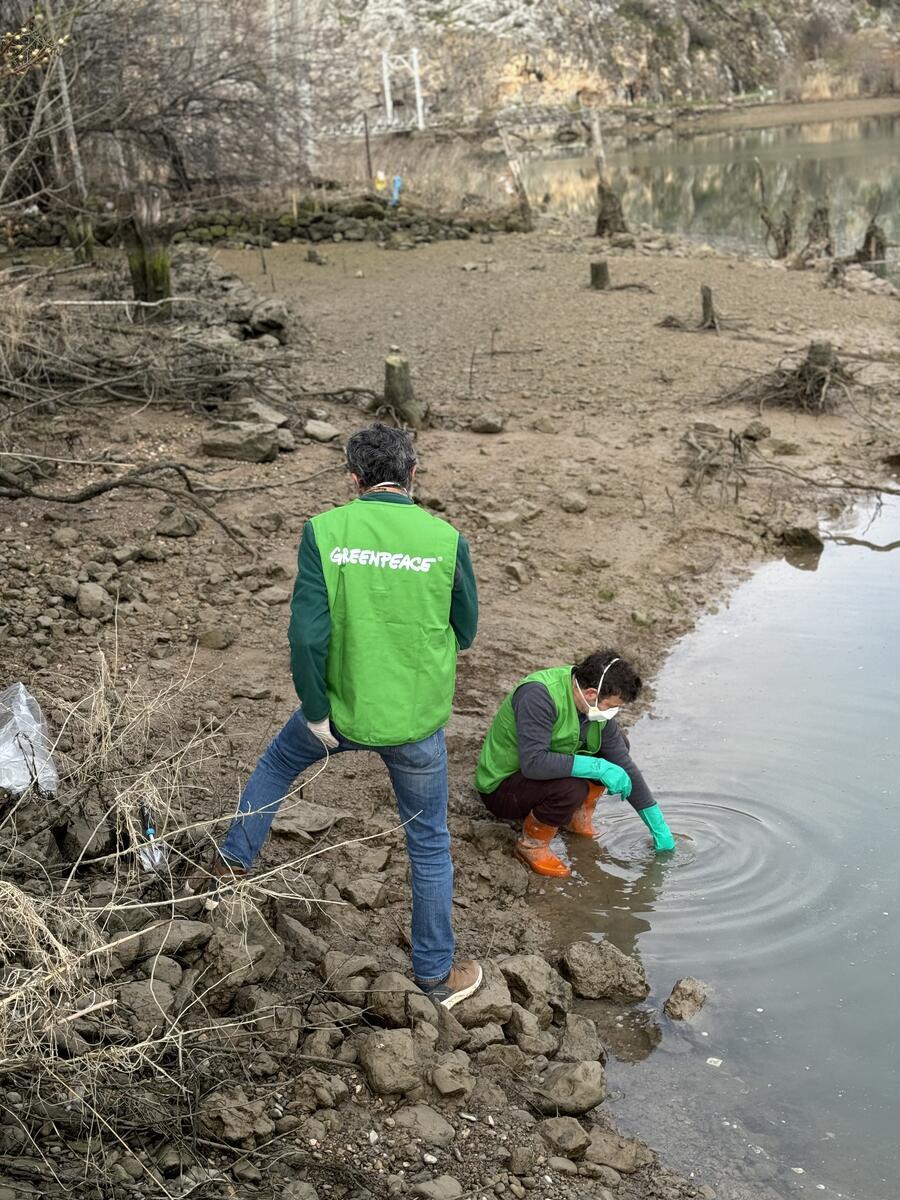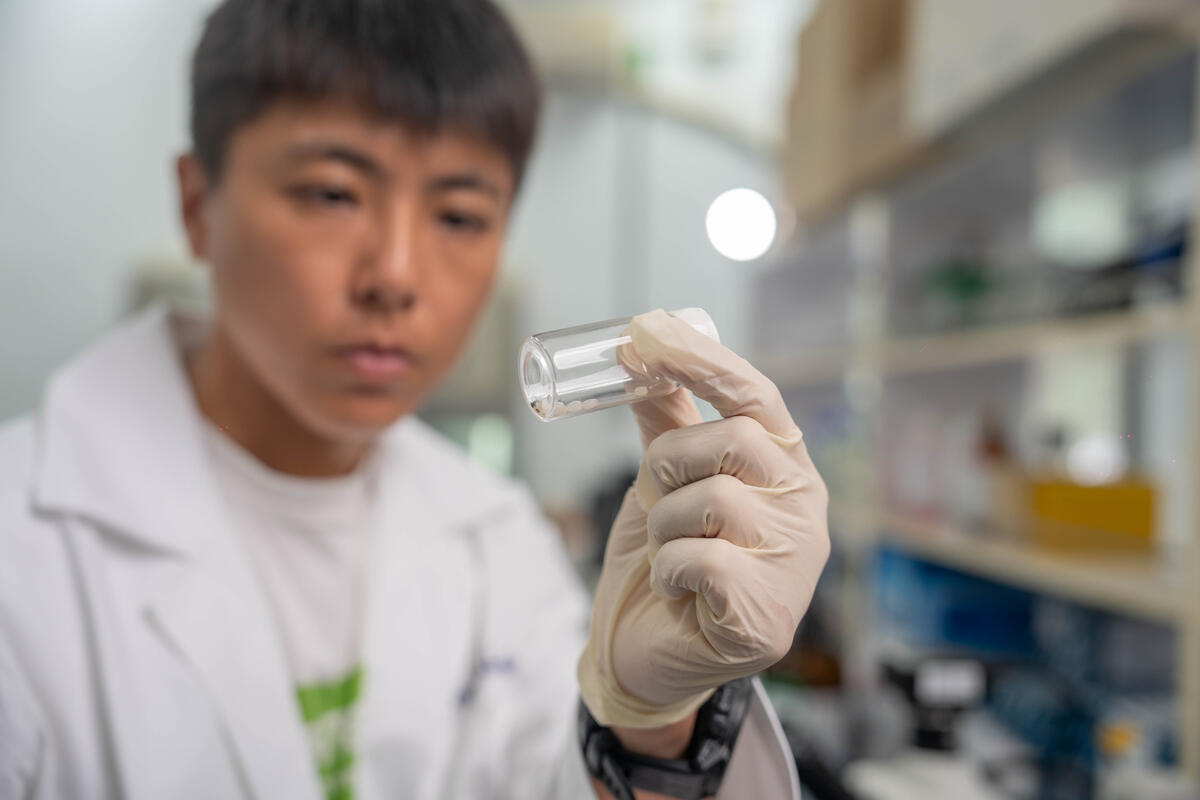Turkey has witnessed a tragic mining incident that shook the nation in February. The İliç Gold Mine accident, which claimed the lives of nine workers swallowed by a cyanide-laced landslide, highlighted the perils of mining and brought attention to the pressing issue of workplace safety in the industry. Only four of the missing miners’ bodies had been found so far under the collapsed cyanide soil despite the ongoing search for months.
The İliç Mine, located in Turkey, has been a site of concern due to a series of accidents and safety violations spanning several years. Reports reveal a history of incidents, including collapses, regulatory breaches, and even environmental hazards like cyanide leaks.

Systemic Oversight Failures: Ignoring Warning Signs
The tragedy unfolded against a backdrop of lax oversight and inter-ministerial finger-pointing, underscoring systemic failures in regulatory enforcement. The statements of the ministries show that the accident had been looming for months, knowingly. The heap has been moving for three months, and nobody has been following. Despite repeated warnings and evidence of instability in the mine, no decisive action was taken to mitigate the risks.
This is not the first mining accident to strike the country. In 2022, an explosion at the Amasra coal mine on the Black Sea coast killed 41 workers. The country’s worst mining disaster took place in 2014 at a coal mine in Soma, western Turkey, where 301 people were killed.
This incident not only raises questions about the accountability of regulatory bodies but also sheds light on the broader global conversation surrounding mine extraction and its consequences. Mining, known for its hazardous working conditions and environmental impact, continues to be a contentious issue worldwide, with calls for transition to cleaner and safer alternatives gaining momentum. As the investigation into the İliç Mine Accident continues, it serves as a stark reminder of the human and environmental costs associated with mining.

Greenpeace at İliç to investigate and demand greater transparency
Greenpeace have been actively involved in the aftermath of the İliç Mine Accident. Greenpeace Mediterranean has conducted on-site investigations and demanded transparency from authorities regarding environmental impacts and safety measures. The work of the parliamentary inquiry committee, which started its duties in April for a duration of three months, will be closely followed by Greenpeace. Their efforts highlight the importance of civil society in holding governments and corporations accountable for their actions. In the face of tragedies like the İliç Mine accident, Greenpeace calls for an imminent and thorough investigation to shed light to the oversights and demands accountability.
Berkan Özyer is the Program Director at Greenpeace Mediterranean – Turkey



